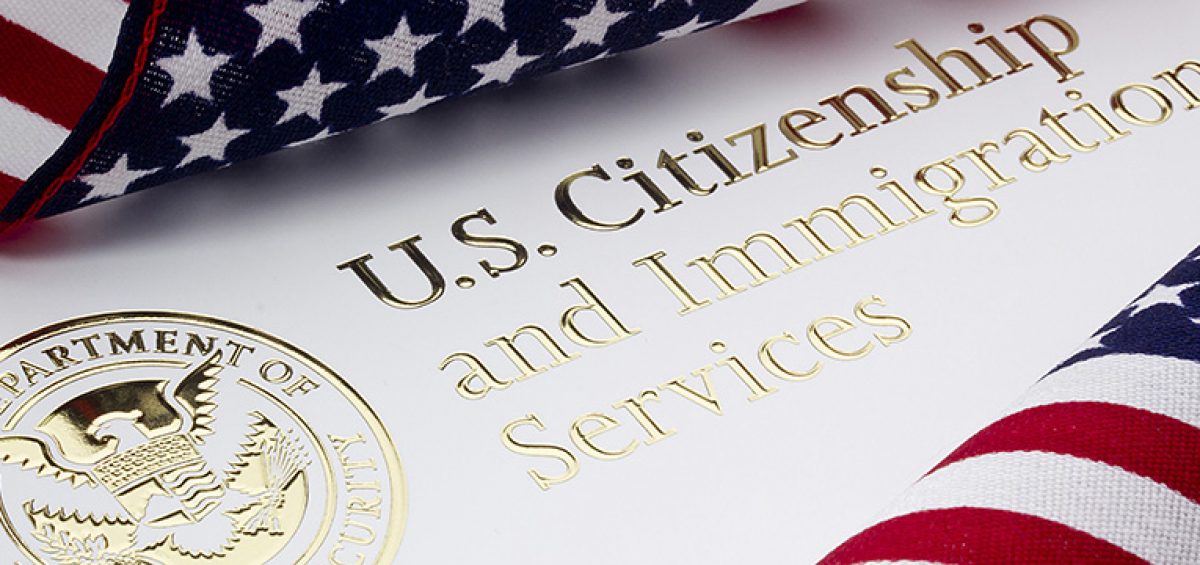
Following President Donald Trump’s inauguration on January 20, 2025, a series of executive orders have signaled potential shifts in U.S. business immigration policy. While some changes may not take immediate effect, they lay the foundation for future regulatory adjustments.
Recent executive actions have led to increased scrutiny of visa applications, resulting in longer processing times and heightened compliance requirements. For both employers and foreign professionals, staying informed about these evolving policies is essential to maintaining compliance and securing opportunities in the U.S.
Despite growing competition for H-1B visas, this remains a sought-after option for skilled professionals looking to establish their careers in the U.S. However, the evolving immigration landscape has made alternative pathways more relevant than ever. From O-1 and L-1 visas to National Interest Waivers (NIW) and investor-based options, several viable routes exist for those seeking to live and work in the U.S.
Understanding and navigating these complexities can be challenging, but with the right legal guidance, individuals and businesses can successfully adapt to the changing regulatory environment. At Bali Law, we provide strategic insights and expert legal support to help you explore the best immigration options tailored to your goals.
Stay ahead of the curve—let us help you navigate the future of U.S. business immigration with confidence.
Understanding Business / Work Visa Categories
Let us try to list some more U.S. visa categories tailored to different individual and business needs:
How Bali Law Can Assist You
At Bali Law, we specialize in navigating the complexities of U.S. business immigration. Our services include:
Stay Informed with Bali Law
Navigating the world of immigration can be overwhelming, but you don’t have to face it alone. Whether you have questions, need guidance, or are ready to start your journey, the team at Bali Law is here to assist.
Stay tuned for upcoming blogs where we will delve into the details of each visa type, providing you with the information you need to make informed decisions.